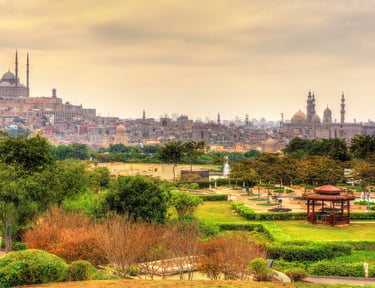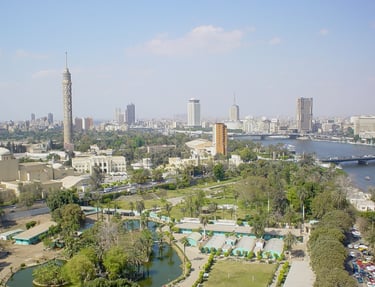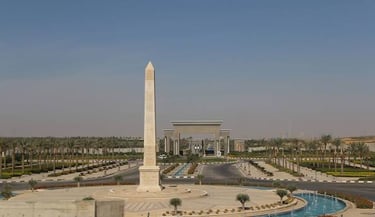Egypt مصر
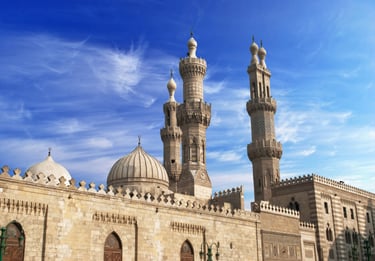
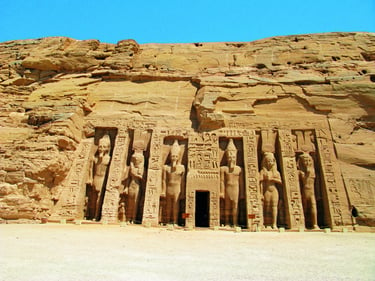
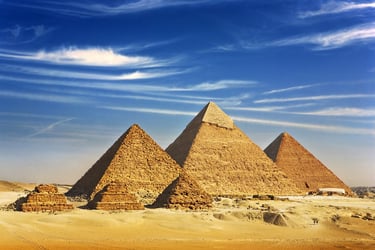
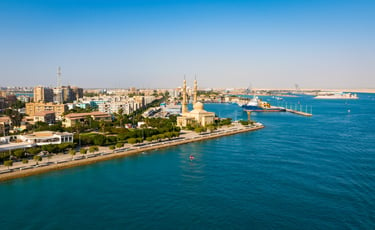
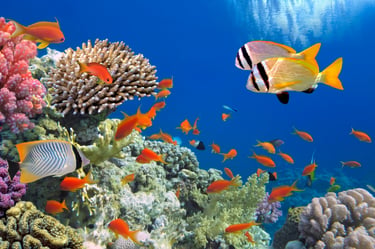
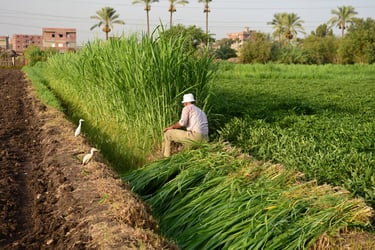
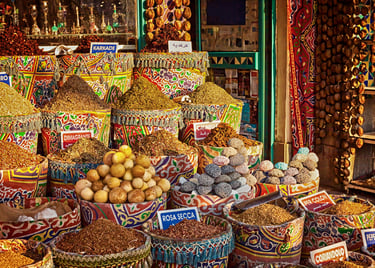
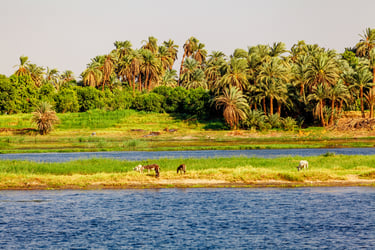
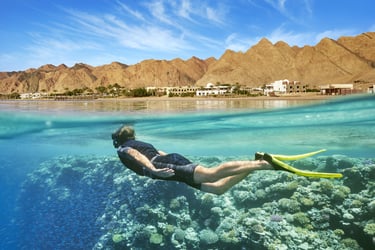
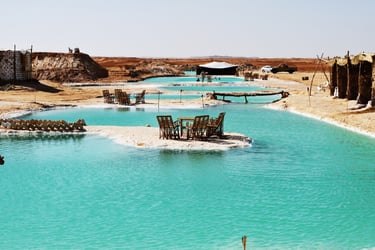
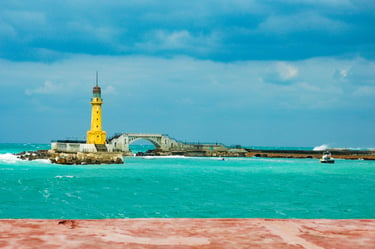
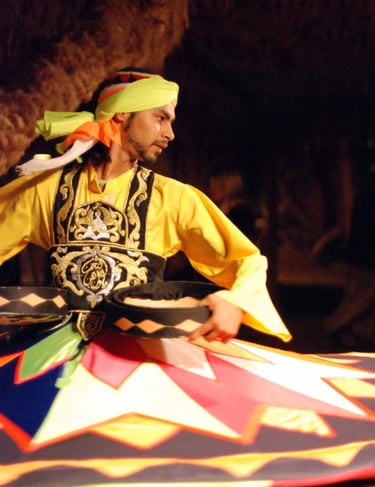





















Egypt is a transcontinental country known for its ancient civilization, rich history, and iconic monuments like the pyramids. While its ancient history is world-famous, modern Egypt is a major regional power with a complex political and economic landscape.
Quick facts
Official name: Arab Republic of Egypt.
Capital and largest city: Cairo.
Location: Spans the northeast corner of Africa and the southwest corner of Asia via the Sinai Peninsula. It has coastlines on the Mediterranean Sea and the Red Sea.
Population: Approximately 109.45 million (2025 est.), making it the 15th most populous country in the world.
Official language: Arabic.
Government: Presidential.
President: Abdel Fattah el-Sisi.
Currency: Egyptian pound (EGP).
History
Ancient civilization: Considered one of the cradles of civilization, Ancient Egypt developed writing, agriculture, and complex governmental and religious systems along the Nile River. Key eras include the Old Kingdom (Pyramid builders), Middle Kingdom, and New Kingdom (Pharaohs like Hatshepsut and Tutankhamun).
Greco-Roman and Islamic rule: After being conquered by Alexander the Great, Egypt was ruled by the Ptolemaic dynasty until its annexation by the Roman Empire in 30 BCE. In 642 CE, it was conquered by Arab Muslims, bringing Islam and the Arabic language to the region.
Modern Egypt: After centuries under Ottoman rule, Egypt was occupied by the British in 1882. It gained independence in 1922 but remained under significant British influence. In 1952, a military coup overthrew the monarchy and established a republic.
Recent unrest: The 2011 "Arab Spring" saw the overthrow of President Hosni Mubarak, followed by a period of political instability. After mass protests, the military overthrew the elected government in 2013, with Abdel Fattah el-Sisi taking power in 2014.
Geography and climate
Landmass: Consists mainly of a vast desert plateau, with the fertile Nile River valley cutting through the eastern part.
The Nile River: The country's lifeblood, the Nile's annual flooding once deposited the fertile silt that made agriculture possible. The river is so central that Ancient Egypt is often called the "gift of the Nile".
Divisions: Historically and geographically divided into Upper Egypt (in the south) and Lower Egypt (in the north), which includes the Nile Delta.
Climate: Predominantly desert, with hot, dry summers and mild winters.
Economy
Developing economy: Egypt has a developing, mixed economy that is the second-largest in Africa.
Key sectors: The economy is diversified, with important sectors including manufacturing (textiles, processed foods), energy (oil and natural gas), agriculture, and tourism.
Suez Canal: The Suez Canal is a crucial source of revenue, though tolls have recently faced a sharp drop.
Economic challenges: The country grapples with significant challenges, including high debt and inflation, although it has received substantial international financing and investment in recent years.
Culture and society
Family: The family is the most important social unit, and extended families often live together. Respect for elders and family ties are central to Egyptian values.
Religion: Islam is the official religion and a cornerstone of modern Egyptian culture, with the majority of the population being Sunni Muslim. There is also a significant Coptic Christian minority.
Hospitality: Egyptian people are known for their warm hospitality and generosity towards foreigners.
Cuisine: Features staple dishes like koshari (lentils and pasta), ful medames (fava beans), and falafel. Bread (eish baladi) is a dietary mainstay.
Arts: Egypt has a thriving film industry known as the "Hollywood of the Middle East" and a rich literary tradition.
Tourist attractions
Giza Necropolis
Home to the Great Pyramids and the Sphinx, ancient monuments that are the country's most famous attraction.
Luxor
Known as the "world's greatest open-air museum," featuring sites like the Karnak Temple Complex and the Valley of the Kings.
Nile River cruises: A popular way to explore many of Egypt's most famous ancient temples and monuments.
Red Sea resorts: Offer beaches and diving spots at destinations like Sharm El Sheikh.
Grand Egyptian Museum
Located near the Giza Pyramids, this new museum is scheduled to open in November 2025 and will house a vast collection of ancient artifacts, including the King Tutankhamun collection
Disclaimer: Advertisements or links appearing on ILoveEgypt.Com do not constitute an endorsement or an approval by ILoveEgypt.Com, Renewable Energy Solutions, Inc. or their members, officers, or shareholders, of any of the products, services, foods, or opinions of the organization or individual. ILoveEgypt.Com, Renewable Energy Solutions, Inc., their members, officers, or shareholders, bear no responsibility for the accuracy, legality, or content of the external site or for that of subsequent links.
Disclaimer:
Many of the advertisements on ILoveEgypt.Com are provided free of charge. ILoveEgypt.Com and Renewable Energy Solutions, Inc.. reserve the right to remove any free advertising at any time and without notice.
Contact IloveEgypt.com
© 2025. All rights reserved.
Mailing address
P.O. Box 690715
Orlando, FL 32869 USA



